Notes, Reviews, Speculations
EPOCH’s weblog features criticism, craft essays, and interviews by editors current and former. It is updated regularly during the academic year, and occasionally during the summer.

Interview: Ishion Hutchinson
“I think that the writer’s failure drawer must be deeper than the success’s. Because you have to go through it. Whatever it is that comes upon the writer to bring it out, maybe it’s just duty because you’re so disciplined, you sit down and write, and then you step back and you look at it, and you say, okay, this is interesting, it can go somewhere, and then you keep at it, and then over time, you realize that, oh my God, it has a long way to go if I'm truly conscientiously thinking about what has been offered to me as a writer. I've been gifted this thing, and I have to honor it. It means the time, the patience, and so on, to see through it, to make it arrive at a place that, once you’ve let it go, your conscience doesn't bother you. You have done the best you can, to your capacity as a writer. Then that's when you stop.”
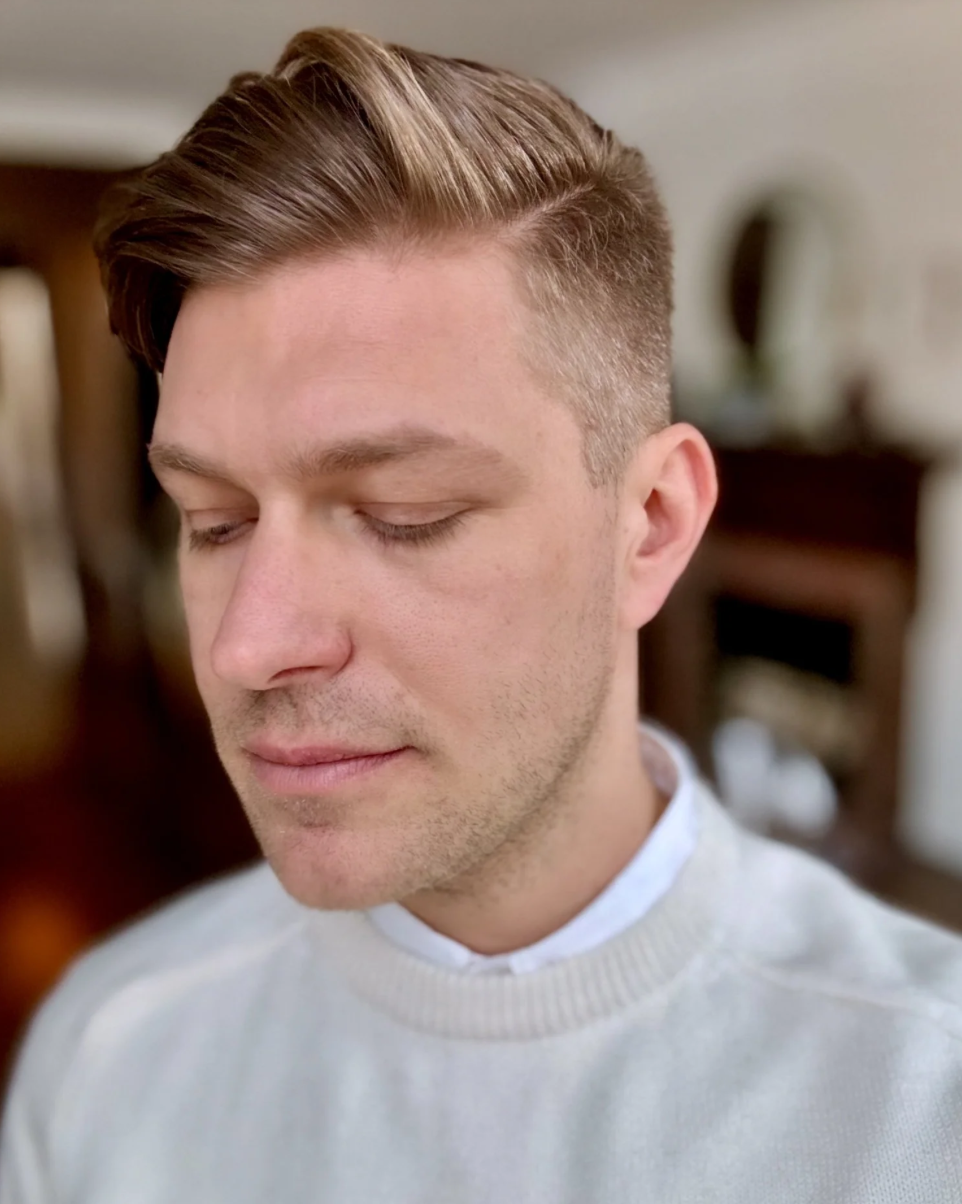
Interview: Richie Hofmann
“I think there's a reader who might read my work and think oh my gosh, this is shocking and very naked! And you might have another reader read the same poems and say these are so prudish and buttoned-up! I´ve had both responses. This is not only true for subject matter but also true of how you deploy your form. I think some people look at the poems and say these are so messy and off-hand, there´s no craft here! And someone else might look at the same poems and think these are so hemmed-in and artificial, there´s no authentic feeling there, but to me it´s the same poem. It´s hard to control how it will be viewed. What matters to me is the entire book creating an aesthetic world. Is there a texture, is there an atmosphere in the book that the reader wants to enter and linger in?”
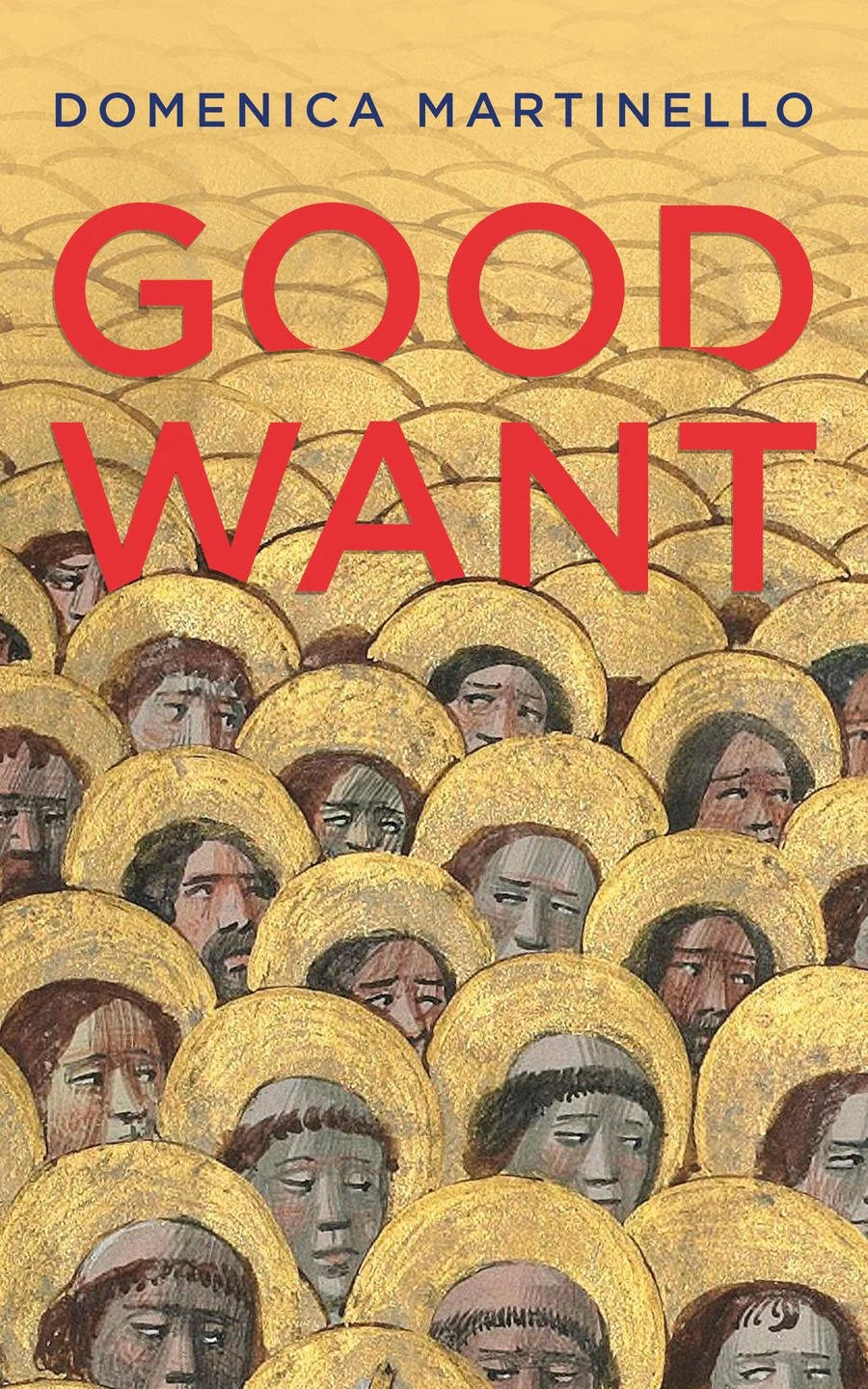
Review: Good Want by Domenica Martinello
What is goodness? What is want? What are the stakes of either? This collection is interested in both the moral and economic valences of wanting: “What does it mean, / to want good things?” What does it mean to “like something from nothing”? Good Want understands want as both a desire for something and a lack of it, a not having.

Mapping the Formless: A Meditation on the Poetics of Fiction
Think of a story as a vehicle. Its sentences are the outer body, the shiny thing that makes one want to get in and experience it, the thing that carries the plot. A portal of absorption. A body of water, if you will. If a reader is going to go for a ride in a vehicle that you designed, should not everything about said vehicle be distinctly you? Malignant, sure, infectious, unubiquitous, unique in the way that you see things. [featured image: Agnes Martin, Mid Winter, oil on canvas, undated. Via the Harwood Museum of Art.]

The 2025-26 Koch Memorial Editors: Emma Catherine Perry and Daniel Peña
Read about the 2025-26 Koch Memorial Editors, Emma Catherine Perry and Daniel Peña.

Create, Flee, Forget: a Review of The Future Was Color by Patrick Nathan
What gets forgotten, why, and who gets to decide are some of Nathan’s central concerns. His vivid prose imbues these questions with multiple strains of pain: the pain of losing parents and lovers, the pain of having one’s sexuality render him an outlaw, the pain of being a rootless Hungarian Jew. George writes earnestly about the tumult in Budapest—screenwriting is just something he does for income—but even this must be done in secret; he tells Madeline, “I’m putting some thoughts together, that’s all.” While the news about Hungary soon disappears from the front pages, its revolution “no longer stimulating to American readers,” it cannot fade from George’s heart or mind. In this endeavor he can succeed as neither artist nor criminal: he is forced to remember.

With No Story to Save Me from Myself: A Conversation with Matthew Nienow
“Though there is a place for poetry-writing-as-personal-therapy, it has always been important to me to make work that rises beyond my own small life toward something universal, regardless of whether the poems are beautiful or brutal, carefully crafted or wild and flawed. […] As the past cannot be changed, I find the resistance of neat endings hopeful—solace in the messiness of shining a light on regret and remorse with no expectation of a palatable and overly-simplified forgiveness.”
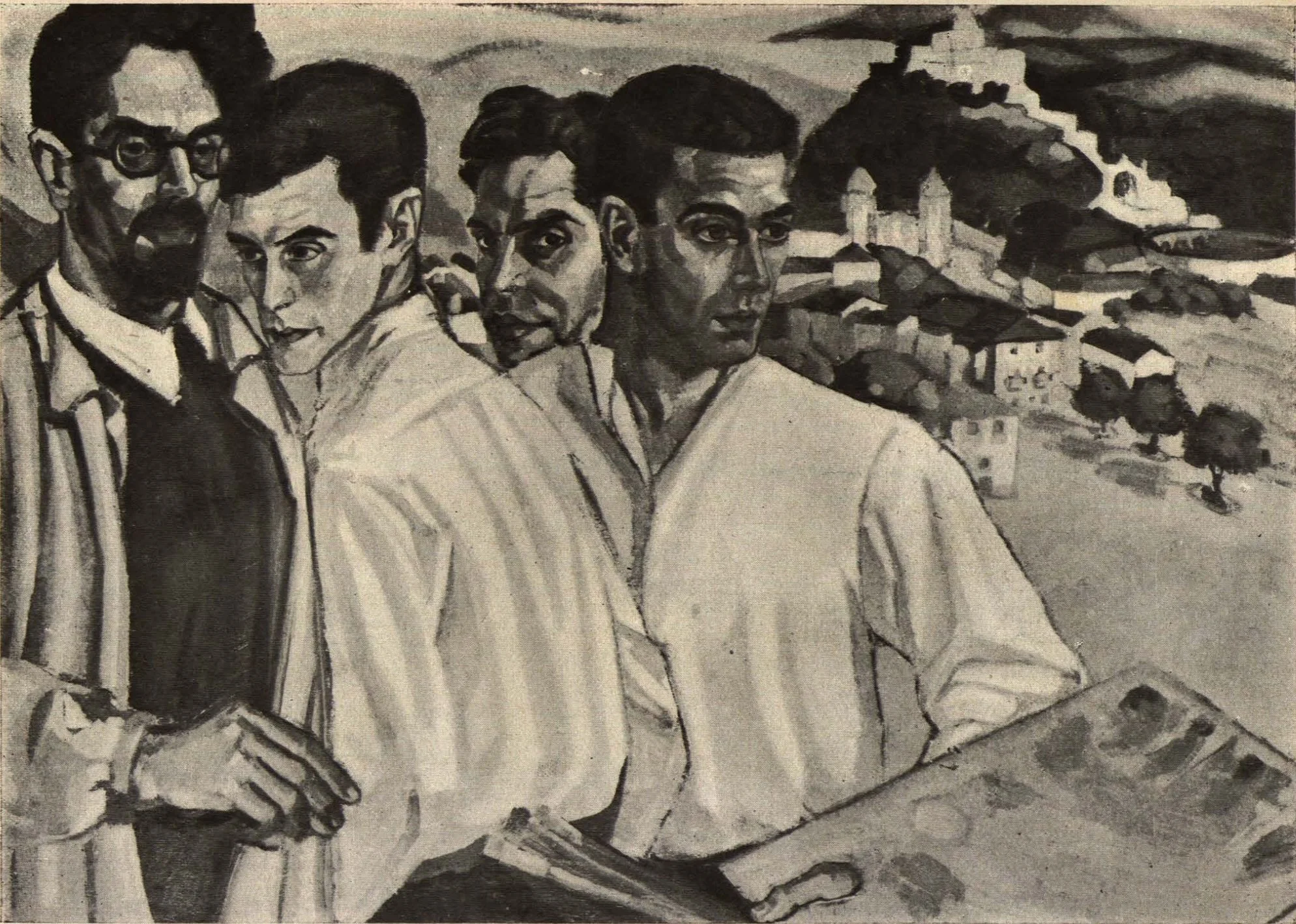
One Author’s Unusual Path to Immortality
Having become fascinated by Pessoa three years before, I was now living, by happenstance, a few blocks from his house, walking at odd hours through the same streets that Pessoa himself must have traversed countless times. The sense of “desassossego,” or disquiet, that gives Pessoa’s most well known work its name, was as familiar to me as the half-destroyed leather jacket I wore everywhere. Sometimes, especially when I write, I feel real, vital, charged with energy; sometimes I feel half-real, like the heteronym of some other author who has neglected me for a while to write under another name; sometimes, not under the influence of alcohol like Pessoa, but after hours of aimless walking, I can start to float, and it feels like there is no “me” there at all.

Interview: Tom Bailey
“I kind of hate reading publicly because I get so nervous. I have to read off my phone at readings because if I hold paper you can see the paper shaking too much. But I do think about sound. The sound of the poem is so important. A lot of my poems are trying to develop an almost robotic voice, like the pastoral poem and the please do not touch or feed the horses poem. They both work through repetition, creating a flatness to the voice. I think rhythm's always important, even when you're trying to avoid it. Even when you're trying to deliberately write a poem that isn't mellifluous and really pretty-sounding, even then, the rhythm is still important. I think being blunt in a poem is its own rhythm. It’s a way to kind of undermine the rhetoric of a poem, in the same way that James Wright does when he says ‘I have wasted my life.’”

“Immersed in Another Consciousness”: Meghan O’Gieblyn
“Machines—at least the language models that we have today—are constantly deluding themselves. They have no access to the world. They hallucinate all the time. This is one reason why I can’t imagine getting anything out of the Great American LLM Novel, should it ever come about. Even if the story is fantastic and the language is beautiful, there would be nothing at stake—no person who’s trying to figure something out, or get down to the truth of the human experience, which is what I’m always looking for, as a reader. That’s an intrinsically human project, and I think that’s largely what we mean when we try to articulate the value of a work of literature.”

Interview: George Saunders
“How are things out there? What’s happening? We can’t know—the world is too vast—but we have imagination to help us. Literature trains the imagination. A dearth of literature (a culture that is not actively literary) leads to a flat, inadequate picture of reality.
“In our time, the literary imagination is being trammeled and transformed by capital—by big corporate interests, in entertainment, advertising, and politics—and what is often produced is, to use a technical phrase, bullshit. Bullshit with an agenda. It’s smooth, it looks and sounds and feels, sort of, like art, or like the products of an art-honoring culture, but there’s the stink of money all over it. Money and the banality that seeking after money (after clicks, Likes, the seeking of cultural capital) can produce. It is mediocre and full of trite, lazy values. And this pervasive force is coming for ‘real’ literature, because we writers are in that product up to our ears, as everyone is. It’s a form of propaganda, really, and it leads to people not being able to distinguish bullshit from truth.”

Review: Burying the Mountain by Shangyang Fang
Perhaps what is most impressive about the meditative and metaphysical tenor in Fang’s writing is that it remains firmly situated in the realm of poetry—adeptly avoiding the trappings of formless pseudo-philosophical musing or a lifeless over-intellectualization of subject matters. At the core of this collection is a poet who is deeply in love with language and the strangeness afforded by its imaginative force. Earnest to William Carlos Williams’ maxim of “no ideas but in things,” Fang transports and emplaces us into the “wounded openness of poetry,” where the world of ideas is viscerally alive and sinewed into lush forms. Thoughts swerve with the sensuousness of a “fish thrash[ing] like a lamb” or bloom from “absent space” like “springtime…azaleas tossing their enormous, roping genitals.” Fang shows us a mode of reasoning which begins as much in the body as it does in the mind—dissolving the reductive binaries of Cartesian dualism—and unifying the rich discordances of the being into a rounded, embodied, processual mode of thinking and perceiving.
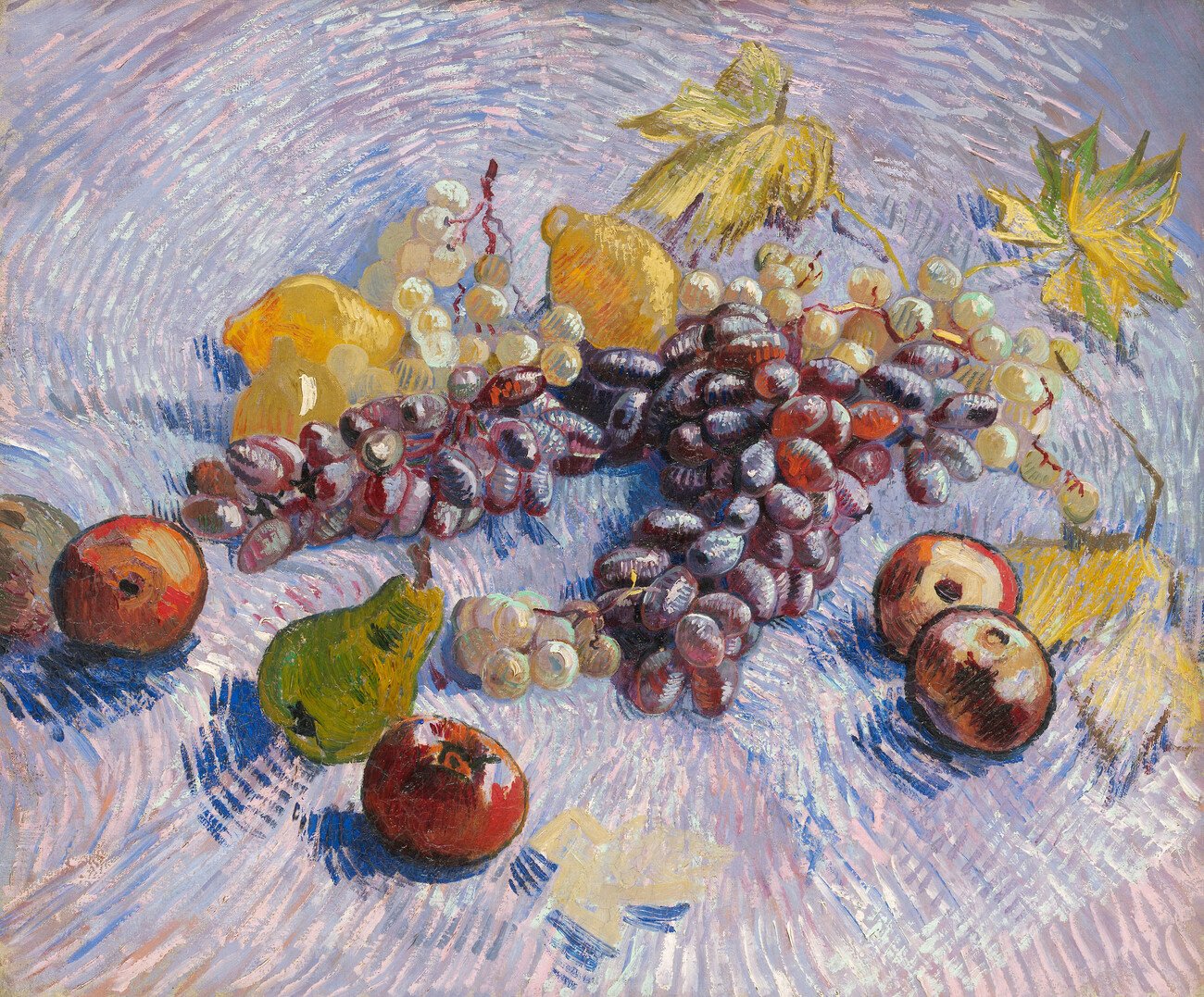
On Surrealist Translation
Who is entitled to translate who? A concrete answer has yet to be decided upon, but similarities of identity between the translator and the translated seem to make translations more defensible, even palatable. The Polish writer Adam Ważyk claims that “it is not difficult to transfer a Surreal imagination from one European language to another,” insinuating that perhaps the only things necessary for translating Surrealist poetry are a Surrealist mindset and European passport.

A Case for Self-Plagiarism
After spending so many months writing and rewriting, I felt like I had exhausted every original idea I would ever have. The pressure to continually reinvent myself as a writer was paralysing. Revisiting that old draft and finding that one image was like reaching into a coat pocket on the first day of winter and pulling out a $20 bill. I wanted to replicate its freshness and excitement. It was adapted from a real scene: my own grandmother in the kitchen during the Lunar New Year celebration, hovering above several steaming pots. What else is in the frame?
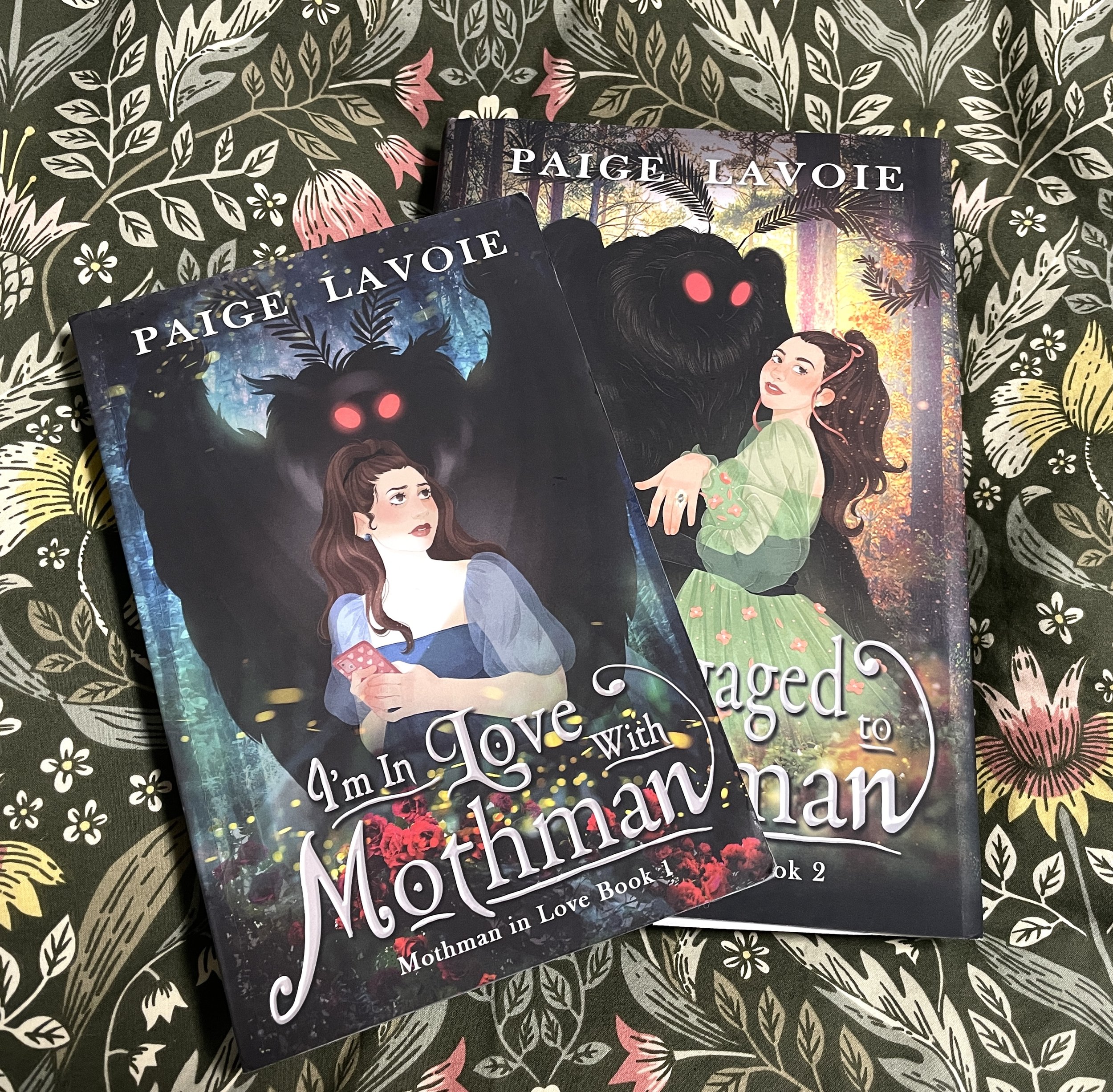
Interview: Paranormal Romance Author Paige Lavoie
“I think desire is a hard thing to talk about and incredibly vulnerable. Having really open conversation, planning, safe words, is not only important and sure can feel awkward to talk about, but also led to a scene that I think felt very sexy while maintaining boundaries—which I think is a great thing to see in fiction.”
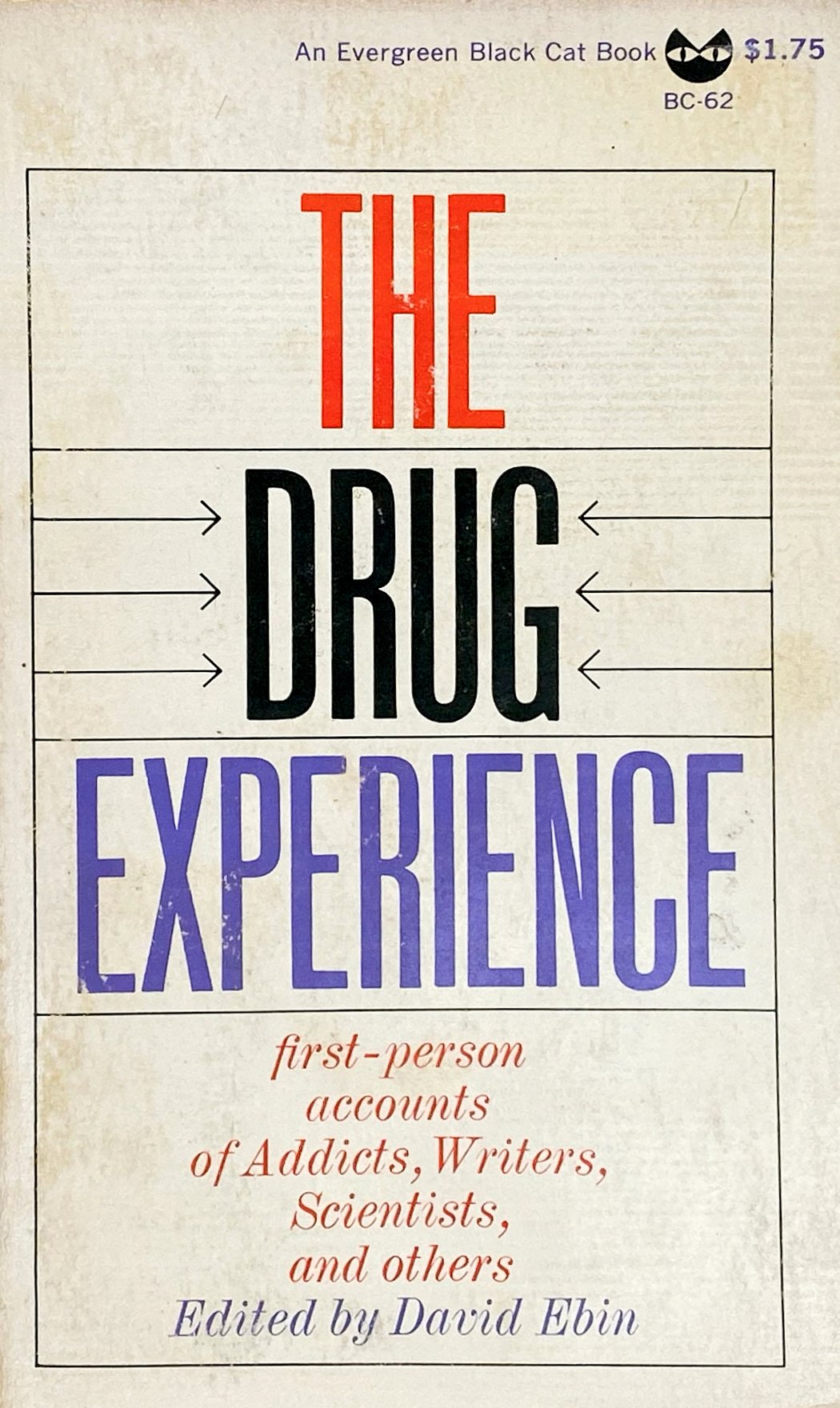
Travelers into Drug-Land: a Review of The Drug Experience (1961)
You don’t really want a brand-new copy of The Drug Experience, anyway. That would spoil the fun. Instead, it’s best to find a copy at the library, at a second-hand bookstore, at a thrift store, or—ideally—discarded in a dumpster somewhere. You want the edition that’s dog-eared, dilapidated, book jacket shredded around the edges, yellowed pages perfumed with a reek reminiscent of expired salad dressing, the print so small and cramped that you have to squint to read it.

We Are in the Business of Feelings
How many of us have turned to writing to make sense of chaos? Still, though writing is personal, there is pressure to dismiss the personal in literary work, lest it be read as sentimental. How can we reinsert emotion back into our writing practice, without shame? How can we practice vulnerability as we brave the page? How might leaning more into emotional honesty and sincerity in our daily lives affect our writing?

Review: The Trees Witness Everything by Victoria Chang
The Trees Witness Everything concerns itself with questions and answers, mothers, inherited language, rain, light, time, dreams, violence, publication, love, hope, desire, grief, fire. Within all these elements, what does Chang do with form? Imagine that in her hands, form is a capped bottle on the windowsill and the poem is the days-old water inside it, filling with pressure and heat. This is the heat of living.
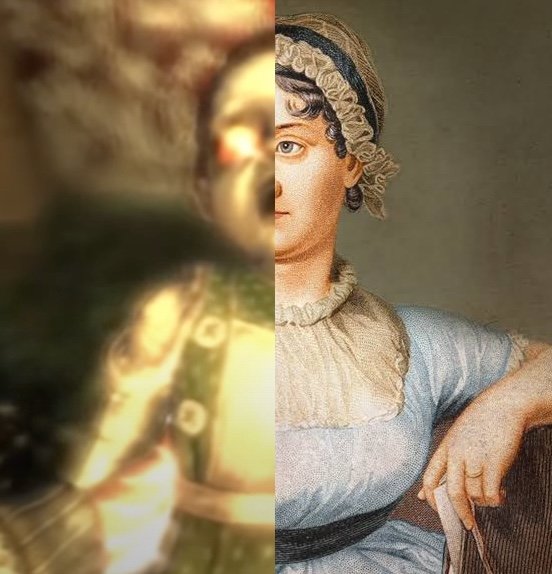
The Writer’s Guide to Ludonarrative Dissonance
While there is no ludology to a short story, we bear a similar narrative burden: how do we make it clear to a reader what it is we mean to say? There is no “player choice” to contend with, but we do have disparate elements to wrangle together under the cohesive umbrella of “story:” syntax, structure, whatever other craft buzzwords you can think of. If our story is an ironic confrontation with high society at the turn of the 19th century, for example, how might we craft a first sentence to make all of that clear to our reader, to set their expectations, to instruct them on how to read the rest of the book?
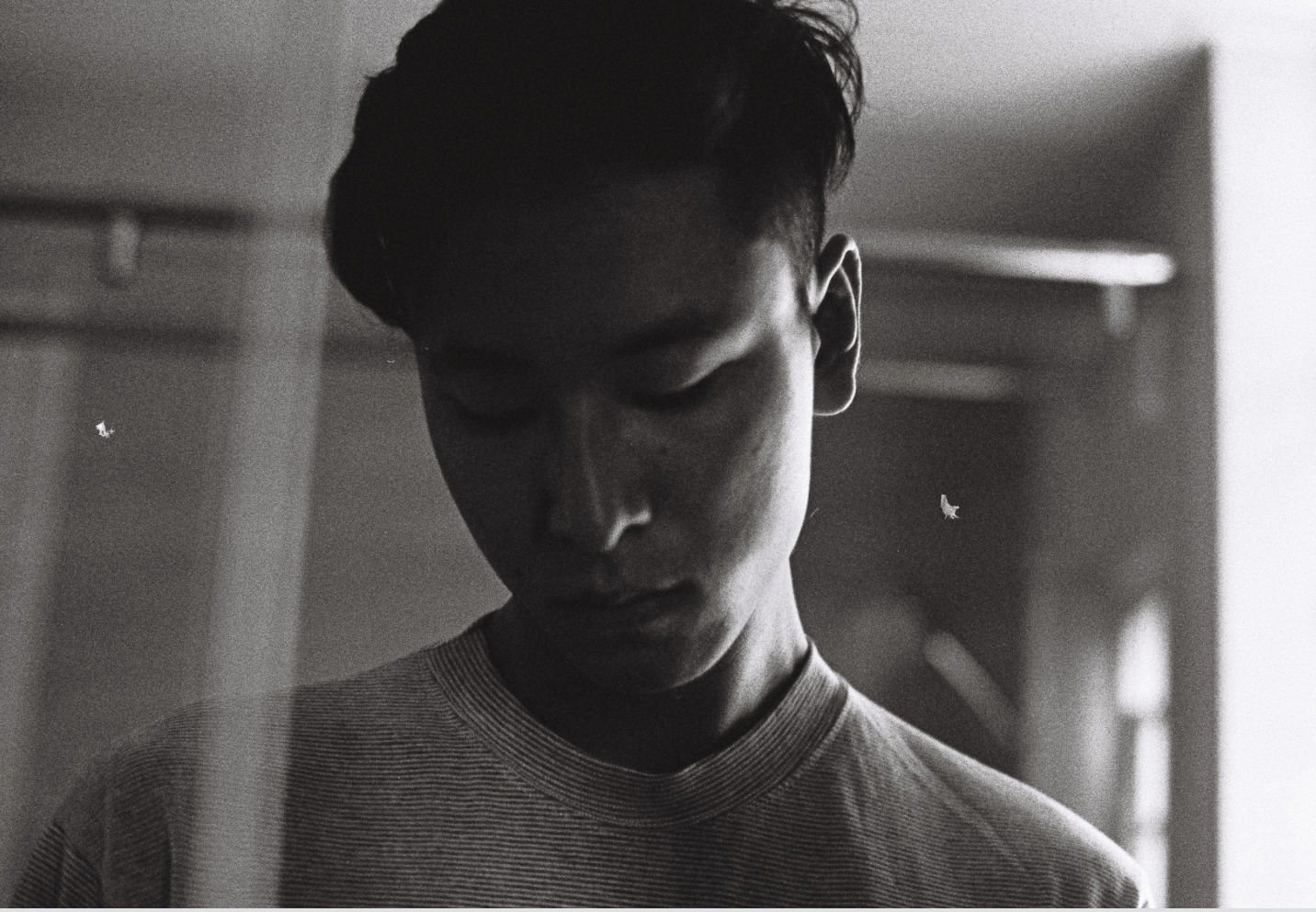
Interview: Derek Chan
The poem to me is perpetually fraught and shot through with seams of unfinished bewilderment. This is perhaps why, as multilingual poet, I find the poem as such a fertile and natural space to traverse the incommensurable distances between languages and cultures. I have an entrustment, that in the poem, the untranslatable, liminal collisions between languages are not failures, but unaccountable—and therefore inexhaustibly mysterious—enunciations in their own right, serving as generative reconfigurations of legibility, intelligibility, and sense-making.
